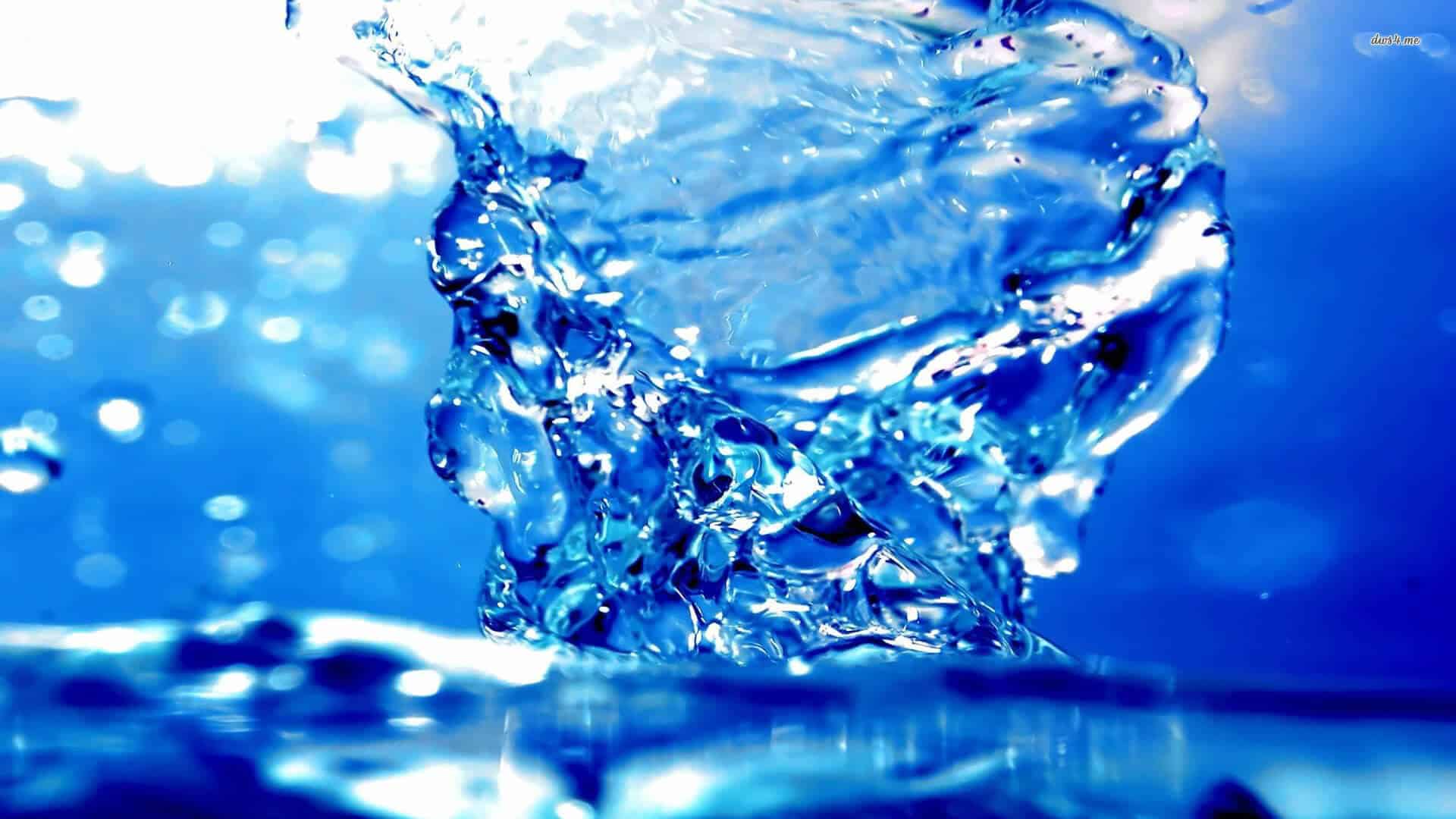 Water is rarely pure. It comes with many tiny particles that affect the way it looks, smells, and behaves. Thus, it is sometimes necessary to process water to add or remove these particles depending on the intended use. For example, you might have heard about water softeners which are meant to treat hard water. You might have wondered whether you actually need this product or not.
Water is rarely pure. It comes with many tiny particles that affect the way it looks, smells, and behaves. Thus, it is sometimes necessary to process water to add or remove these particles depending on the intended use. For example, you might have heard about water softeners which are meant to treat hard water. You might have wondered whether you actually need this product or not.
First, you’ll need to learn more about what hard water is and what a softener does. If you decide on buying one, then you should try to find the best water softener for your home’s size and water test results..
Defining Hard Water
Hard water is common among households. Water is said to be hard if a large amount of minerals is present in the liquid. These minerals usually get added naturally as water comes into contact with limestone, gypsum, and similar substances underground. These are primarily composed of calcium and magnesium. Hardness can be measured from the amount of cations or positively charged ions in the water. This condition can be temporary or permanent. Drinking hard water is not dangerous but the high concentration of minerals can have other unwanted side effects around the house.
Signs that You Have Hard Water in the House
Are you unsure whether your house has hard water or not? Several signs point to this condition including the build-up of limescale in household appliances that heat up water. For example, you might have an electric kettle for boiling water for your morning drinks. Empty the container and take a look at the bottom to see if you can find a hard chalk-like deposit. This is calcium carbonate from hard water. The same thing can happen to pipes that carry hot water such that clogs may develop over time. Repairs can be costly and time-consuming.
Those who have a swimming pool might find the water looking cloudy because of the presence of minerals. Even dishes can have unsightly residues that are difficult to get rid of. These white spots are highly visible after washing stainless steel pots and pans. White vinegar can help in removing these and bringing back the shine.
As for the people who come into contact with hard water, they might wash their hands often but feel persistently sticky. Their skin tends to dry fast as well. When they take a shower, the soap and shampoo fail to produce substantial foam. Soap scum can be seen on the shower floor. Their hair feels rough, dry, and unclean even after taking a bath.
How Hard Water Affects Things Around It
Health should not be a big concern if you have hard water flowing in your house. A few might be particularly sensitive and get rashes but this is uncommon. A more likely scenario is that those using a water heater will find the lifespan reduced due to scaling formations. This may be prevented through the use of a water softener. It is a device that is installed at a strategic point within the plumbing system to lower the hardness of water and save household appliances from premature failure.
Kinds of Water Softeners
Salt-based water softeners work through a process called ion-exchange. Sodium is the main tool in making the desired change. They are highly effective but they produce water with a salty taste so they may not be the best choice for drinking water. Still, this is a good option for most households because of its reliability and affordability.
Salt-free softeners takes care of the taste by eliminating salt from the equation. Potassium chloride is used instead to prevent scales from forming. This does not actually remove the minerals from the water. It only helps pipes avoid clogs and keeps hot water appliances looking great. On the other hand, this is not very effective in dealing with elevated hardness.
Magnetic water softeners treat hard water by producing a field around the pipes. This magnetic field changes the chemistry of the water but only temporarily. Water reverts to its past hardness a few days after it leaves the field.
Water Softener Buying Tips
1. Get one with a high efficiency rating.
Buyers must make sure that the product is worth the money. A high efficiency rating means that the device can do its job well. Look for the softener efficiency rating or SER in the label or product page. Get as close as possible to 5,000 grains per pound.
2. Determine the acceptable service flow rate.
The specifications will state the maximum flow rate that the device can produce. Remember that the actual rate tends to be lower than this. If you have many appliances that depend on water, then going as high as possible should allow these to operate at the same time without running into performance issues.
3. Make sure you have enough space.
Check the dimensions of the product you intend to buy and take the measurements of the area where you intended to install it. You have to be certain that this item will fit into the space without any problems.
4. Find products with certifications.
Buyers don’t have to weigh their options alone. They can get the help of respected institutions like the Water Quality Association and National Sanitation Foundation that test products in the water treatment category. Those that pass their high standards are awarded with certificates and seals that prove their worthiness.